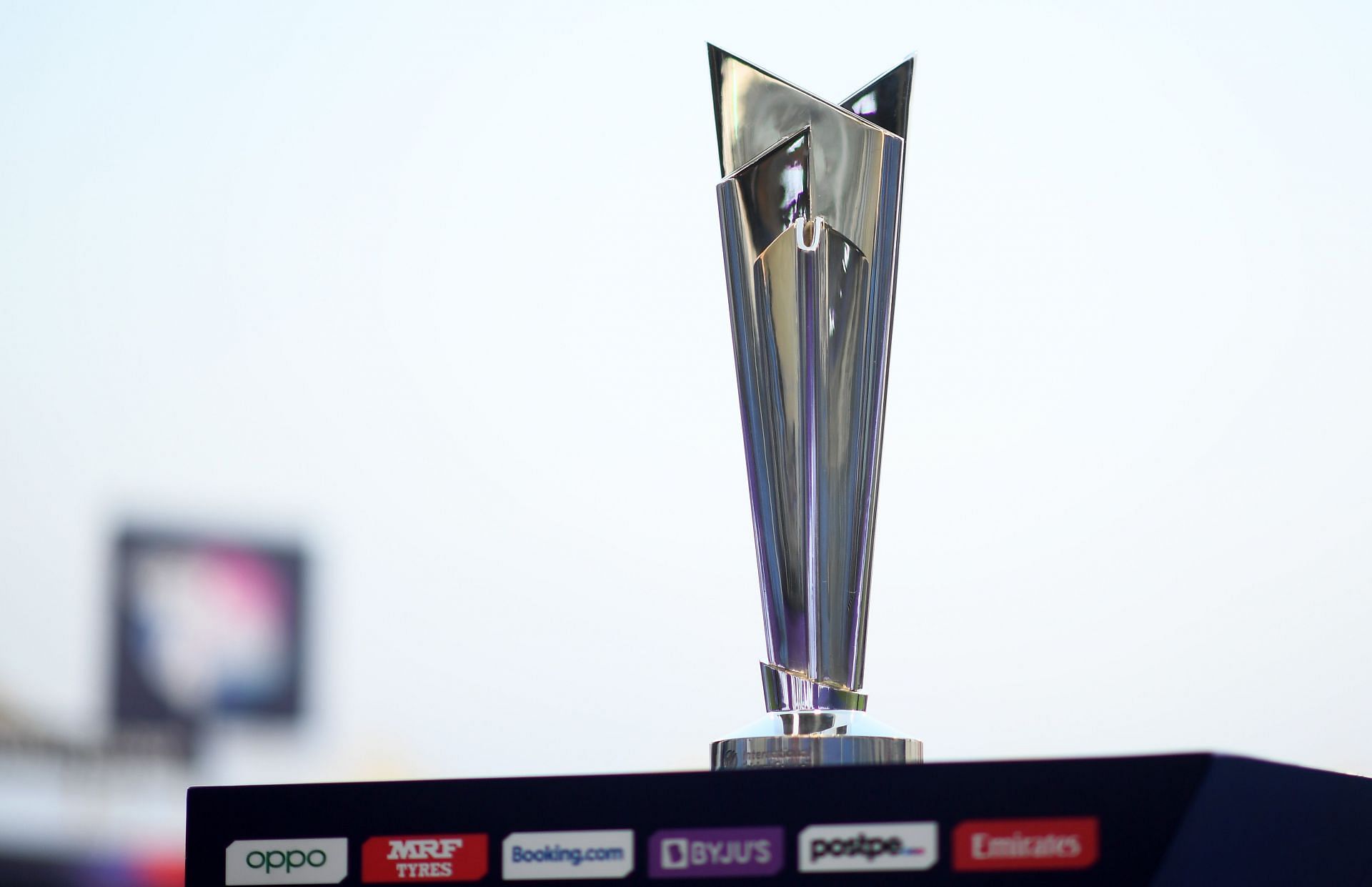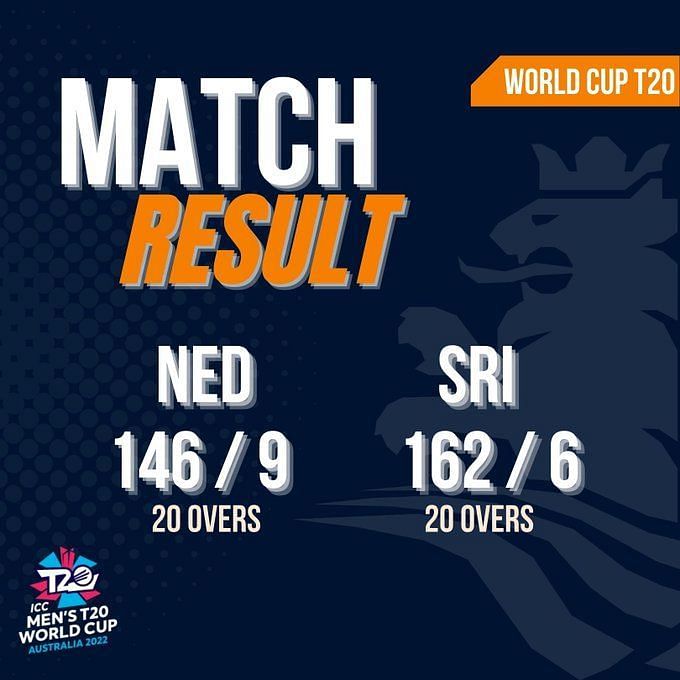
Passion, thrillers, upsets: T20 World Cup 2022's first round has had it all
Whenever the T20 World Cup comes around, the first round of the competition becomes a big talking point. On some days, there are murmurs that this decreases the overall quality of the tournament. Some suggest it should be done away with altogether and a format akin to the one adopted by the 50-over World Cup should be given precedence.
On other occasions, though, there is a case for this round to exist. Not just because it provides a platform to so many cricketers who might otherwise be shorn of it, but also because a T20 World Cup should necessarily have as many teams from as many diverse environments as possible.
The first round of the 2022 T20 World Cup has been sensational
At the current edition of the T20 World Cup, that has shone through. Only one set of fixtures remain in Group B but the identity of the teams qualifying for the Super 12 phase is still unclear. The West Indies could qualify, as could Ireland. As could Scotland or Zimbabwe. In Group A, the Netherlands and Sri Lanka can put their feet up, knowing that their job, at least in this round is done. But even away from the results, there has been plenty to illustrate why this is just as vital a part of the T20 World Cup as the Super 12.
In the game between the Netherlands and Sri Lanka, the former had fallen well behind in the run-chase. With just a little more than two overs remaining, they required a miracle to win. They were nine down, and despite having Max O’Dowd at the crease, needed more than 19 runs per over to win.
Earlier in the day, Roelof van der Merwe, who had injured himself in the Netherland’s previous game, aggravated his back spasm. He could not even finish his bowling quota and had to hobble off the field. One of the major reasons he was the last batter to bat for the Netherlands was because he could barely move, let alone run. And now, here he was, limping to the centre to provide O’Dowd support and to keep the Netherlands’ faint hopes alive.
In the final over, there was a moment that encapsulated just how much these games mean to teams of Netherlands’ ilk. The third ball of the over was a rapid delivery outside off stump. Van der Merwe, because he had no other option, swung at it wildly and immediately started wincing in pain. Moments later, he had to get down to the other end to ensure that O’Dowd was on strike for the remainder of the over.
The medical advice, at that juncture, would have been to just sacrifice his wicket and prioritize his well-being. But he didn’t. He somehow made it across to the other end. That Lahiru Kumara botched a fairly simple run-out was indicative of how even the cricketing gods wanted van der Merwe to complete the single, just to reward his immense portrayal of valour.
This is not an isolated incident either. On Wednesday, with their backs against the wall, Ireland produced one of the all-time great partnerships in T20I cricket, courtesy of Curtis Campher and George Dockrell. Post the game, Campher admitted that he had been going through a tough time. For an hour or so during the game, though, he was able to forget about it. Only because he had the opportunity to win his country a game of cricket at the T20 World Cup.
A little later on Wednesday, the West Indies were backed into a similar corner, needing a victory against Zimbabwe to stay afloat. They did not bat very well. But then, Alzarri Joseph took matters into his own hands. He blew Zimbabwe away with a four-wicket haul and celebrated as if his life depended on it. Joseph, for those unaware, rarely lets out an emotion. So, if he was so elated, there must have been something to it, right?
The first round of the T20 World Cup has already produced so many intriguing storylines that the Super 12 stage might find it really tough to maintain that high standard. Namibia have beaten Sri Lanka. Scotland have thumped the West Indies. Sri Lanka have come back from the brink and qualified, and Netherlands finally have something to show for their courageous displays.
Would any of this have been possible had there not been a first round at the T20 World Cup? Probably not. Yes, a more exclusive T20 World Cup might have provided more quality because the top teams would have played against each other more often. The T20 World Cup might have been a fairer reflection of how strong everyone was because almost each side would have played the other.
But you can bet that the T20 World Cup would not have been as intriguing. This is sheer, unadulterated entertainment. For some teams, this is possibly the only chance they will ever get to showcase what they have on the biggest stage. These outfits are not as privileged as some of the others in world cricket. Tournaments such as the T20 World Cup, apart from being an opportunity to cause a flutter, is also a sort of recognition – recognition that someone in some part of the world is watching and is aware of the hours of toil cricketers in these parts are putting in.
You take that away from them, and the T20 World Cup and cricket, in general, will seem a lot poorer. The moolah is generated by teams that occupy the perch – the likes of Australia, England, India, New Zealand, Pakistan and South Africa. But even too much of those rivalries is sometimes an overkill. All you need in those situations is a bit of flavour, a bit of diversity and of course, a bit of unpredictability.
That is what the first round of the T20 World Cup has provided so far, and it has set the foundations for what could be one of the best T20 competitions ever.

